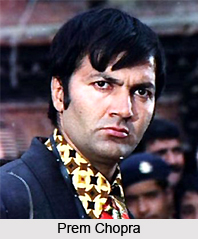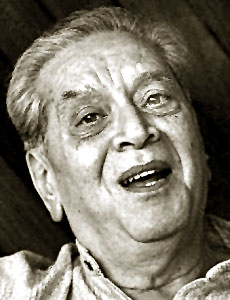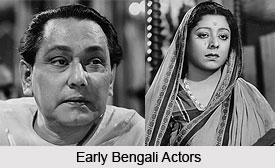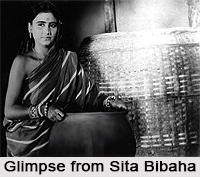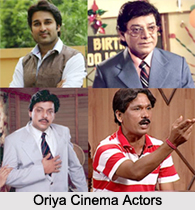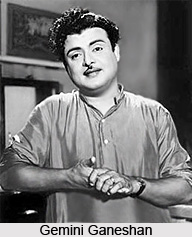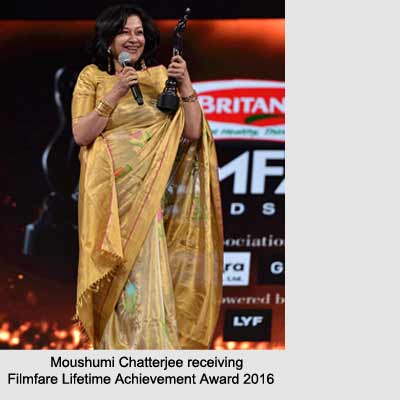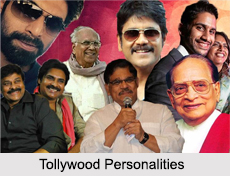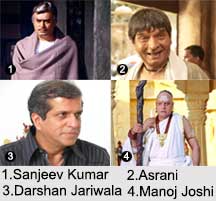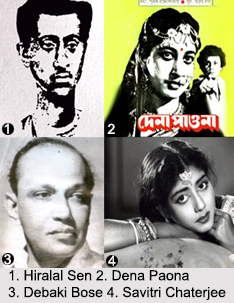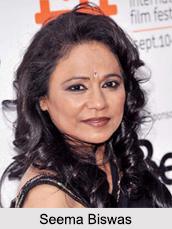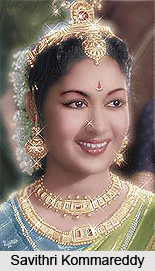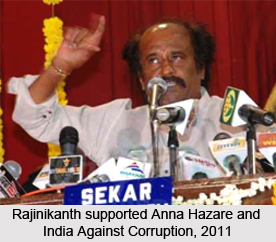 Rajinikanth, apart from being one of the most celebrated megastars, has also been actively involved in the political arena and has proactively supported charitable organisations and causes.
Rajinikanth, apart from being one of the most celebrated megastars, has also been actively involved in the political arena and has proactively supported charitable organisations and causes.
Political Life of Rajinikanth
Critics have put that Rajinikanth has the potential to be successful in Indian politics, given his popularity and fan base alone. In the year 1995, Rajinikanth began supporting the Indian National Congress after meeting then Prime Minister P. V. Narasimha Rao. An opinion poll conducted by the Kumudam magazine estimated that Congress with Rajinikanth`s support might win up to 130 seats in the Tamil Nadu Assembly. In 1996, when the Congress decided to ally with All India Anna Dravida Munnetra Kazhagam (AIADMK) for the assembly election in Tamil Nadu, Rajinikanth changed loyalties and supported the Dravida Munnetra Kazhagam (DMK)-Tamil Maanila Congress (TMC) alliance. The TMC used a bicycle as their election symbol with an image of Rajinikanth riding a bicycle from the film "Annamalai", in their posters. Rajinikanth had said, "Even God cannot save Tamil Nadu if AIADMK returns to power." He wholeheartedly supported the DMK and TMC alliance and asked the people of Tamil Nadu and his fans to vote for that alliance. The alliance had a complete victory in 1996. Rajinikanth also supported the alliance in the parliamentary election held the same year. Later in 2004, Rajinikanth said that he would personally vote for the Bharatiya Janata Party (BJP) but would not extend his support to any front during the General Elections held that year. The party, however, failed to win any seats in Tamil Nadu in the Lok Sabha.
Rajinikanth"s fans in Tamil Nadu have continuously speculated his entry into politics, particularly to run for the Chief Minister of the state. In 2008, few fans in Coimbatore even launched a political party for Rajinikanth, by the name "Desiya Dravadar Makkal Munnetra Kazhagam" with a dedicated party flag and symbol, attempting to pressure his entry. After learning about this, Rajinikanth submitted an open letter to the media, declaring that he had no connection with these events and requested fans not to indulge in such activities, also warning that he would take legal action if they failed to adhere. He mentioned that he was not interested in politics and was only committed to working in films. He further added that nobody could force him to enter politics, just as no one could stop him from entering it.
Philanthropic and Other Endeavours of Rajinikanth
The author of Rajinikanth"s biography "Rajinikanth: The Definitive Biography", Naman Ramachandran says that most of Rajinikanth`s philanthropic activities are unpublicised as the star did not want them to come into notice. Rajinikanth has given away half of his income to charities. In the 1980s, when superstitious beliefs prevented a majority of people from donating eyes, Rajinikanth took the initiative of campaigning in support of corneal transplantation, via television and public speeches.
In the year 2002, Rajinikanth undertook a daylong fast to protest the Government of Karnataka`s decision not to release Kaveri River water into Tamil Nadu and announced that he would contribute Rs. 10 Million (US$150,000) towards a plan to interlink Indian rivers. He met with the then Prime Minister Atal Bihari Vajpayee and many experts to canvass support for the project. His hunger strike was independent of the Nadigar Sangam, who organised their own solidarity protest for the same cause. In 2008, Rajinikanth took part in a hunger strike organised by the Nadigar Sangam against Karnataka`s stance on the Hogenakkal Falls water dispute. In his speech, which was well received in Tamil Nadu, he warned leaders not to inflame the water project issue for political gains and requested for it to be resolved soon. The speech led to a few pro-Kannada organisations demanding an apology from the megastar and threatening to boycott his films in the state. In a move to save the market of Tamil cinema in Karnataka and ensure welfare of the Tamil Nadu-based filmmakers, Rajinikanth apologised for his statements in a brief media appearance on TV9 Kannada channel. He later thanked the Kannada film industry for allowing the release of "Kuselan" and lifting the ban it had briefly imposed on it.
In 2011, Rajinikanth announced his support for the anti-corruption movement led by Gandhian Anna Hazare, and offered his marriage hall, Raghavendra Kalyana Mandapam, in Chennai free of cost for the India Against Corruption members to hold their fast. Rajinikanth`s fan associations regularly organise blood donation and eye donation camps and distribute food during his birthday.








